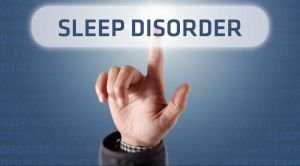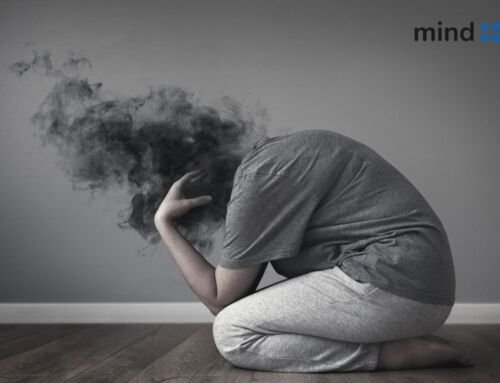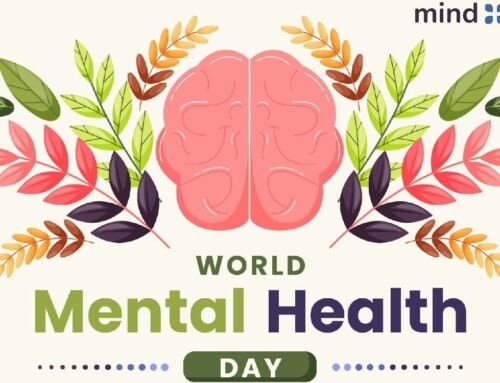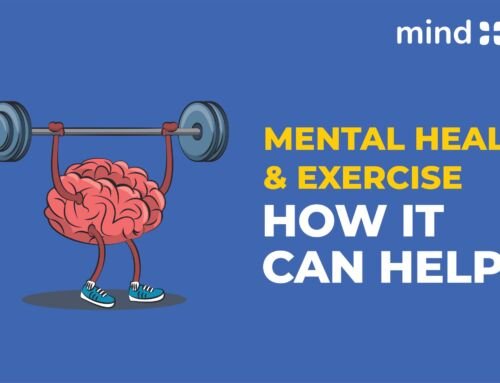SLEEP DISORDERS
By Srishti Agarwal, Clinical Psychologist
Sleep disorders refer to conditions that affect sleep quality, timing, or duration and impact a person’s ability of function well when they are awake. There are more than 80 different sleep disorders but the most researched disorders are:
● Insomnia: The inability to fall asleep or to remain asleep at least three days per week for more than three months.
● Parasomnias: Abnormal movements and behaviors prior to falling asleep, while asleep, or during arousal time. Examples- sleepwalking, sleep terrors, nightmares.
● Hypersomnias/Narcolepsy: A chronic sleep disorder defined by excessive daytime sleepiness and sleep attacks.
● Sleep Movement Disorders: Sleep disorders in which repetitive movements interfere with sleep. Example- restless leg syndrome
● Circadian Rhythm Sleep Disorders: Occurrence of dysfunctions with the body’s internal clock, such as jet lag.

SYMPTOMS: General symptoms are difficulty falling or staying asleep, constant bad dreams, panic, and terror while sleeping, leg twitching, physical and mental fatigue, sleep attacks during the day, stress and anxiety, poor performance and concentration, depression, etc.
CAUSES: Sleep disorders occur to be clinically independent as well as due to underlying physical and mental health problems. Factors that can cause sleep problems include:
● Genetics: Researchers have found a genetic basis for sleep disorder that affects the control of sleep and wakefulness.
● Mental Health Problems: Disturbed sleep is a common symptom of mental disorders such as anxiety disorders, eating disorders, bipolar affective disorders, substance use, and schizophrenia.
● Physical Health Problems: For example, chronic pain from arthritis, inflammatory bowel syndrome, constant headaches, allergies, breathing problems, frequent urination, etc.
● External Factors: Some environmental factors like too much light, noise or uncomfortable temperatures, job loss, death of a closed one, night shift work, etc.
● Poor Sleep hygiene and Lifestyle: Intake of caffeine, alcohol, and nicotine late in the night, unhygienic mattress and pillow covers, excessive use of screens, lack of exercise, etc.

TREATMENT: It generally includes a combination of medical treatments, psychotherapies, and lifestyle changes.
● Medical Treatments: A good treatment plan for sleep disorder often involves medical treatments and psychotherapies that help to promote normal sleep. You can contact MindPlus Rehabilitation Centre in Ludhiana(Punjab). It serves to treat sleep disorders or sleep-related difficulties and other psychiatric disorders.
● Psychotherapy: Mental health professionals teach you some research-proven effective psychotherapy techniques such as Cognitive Behavioral Therapy(CBT), stimulus control, etc. Attending a few structured sessions can help you to learn skills that promote good quality of sleep.
● Practice Sleep Hygiene: For example, taking a warm bath, having a consistent sleep schedule, avoiding eating, studying, and screen use on your bed, keep your bedroom clean, and dark, and sleeping appropriately.
● Healthy Lifestyle Changes: Prioritizing self-care helps to reduce stress. For example exercising and stretching daily, setting priorities, decreasing alcohol use, eating a balanced diet, and spending time on leisure activities.





